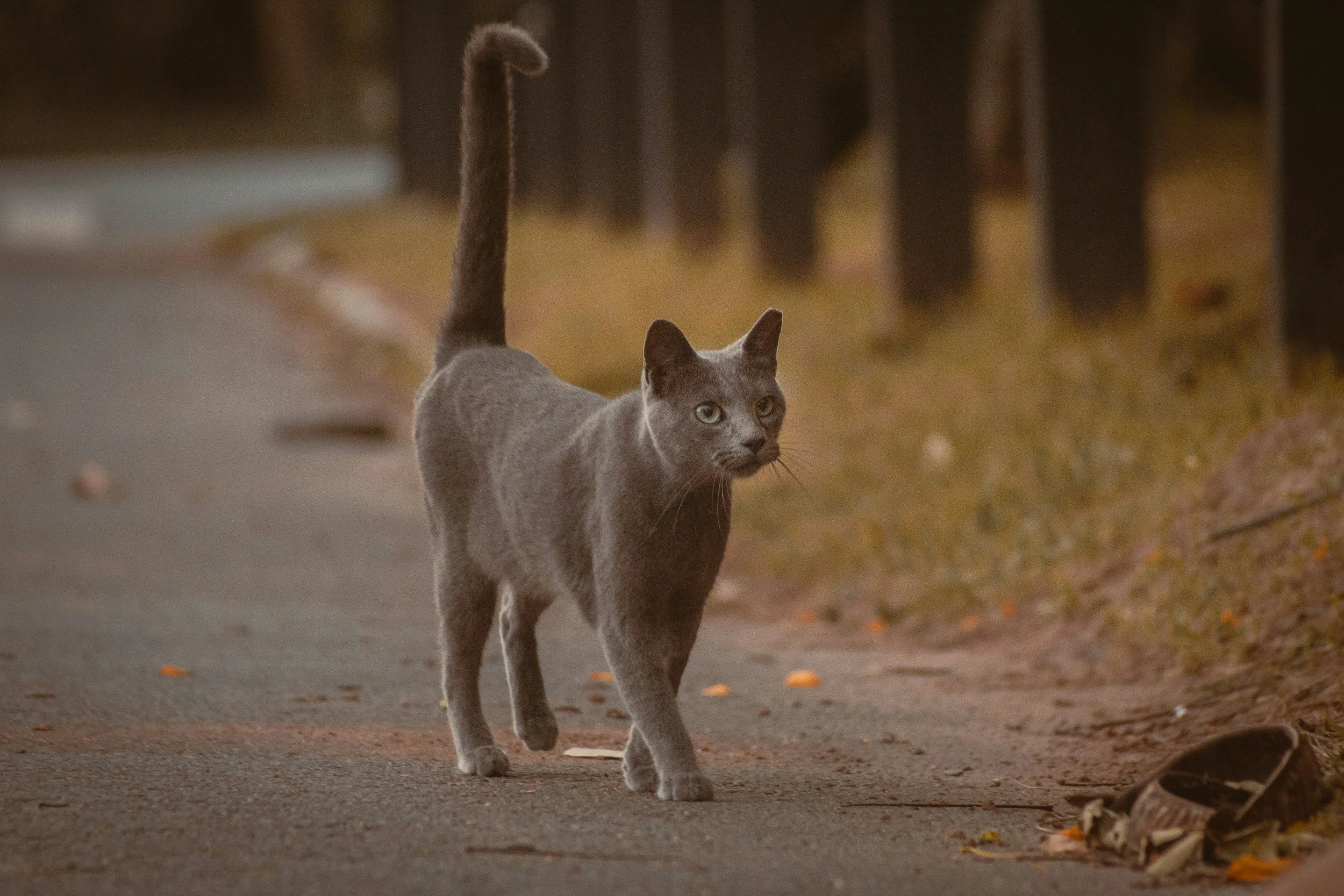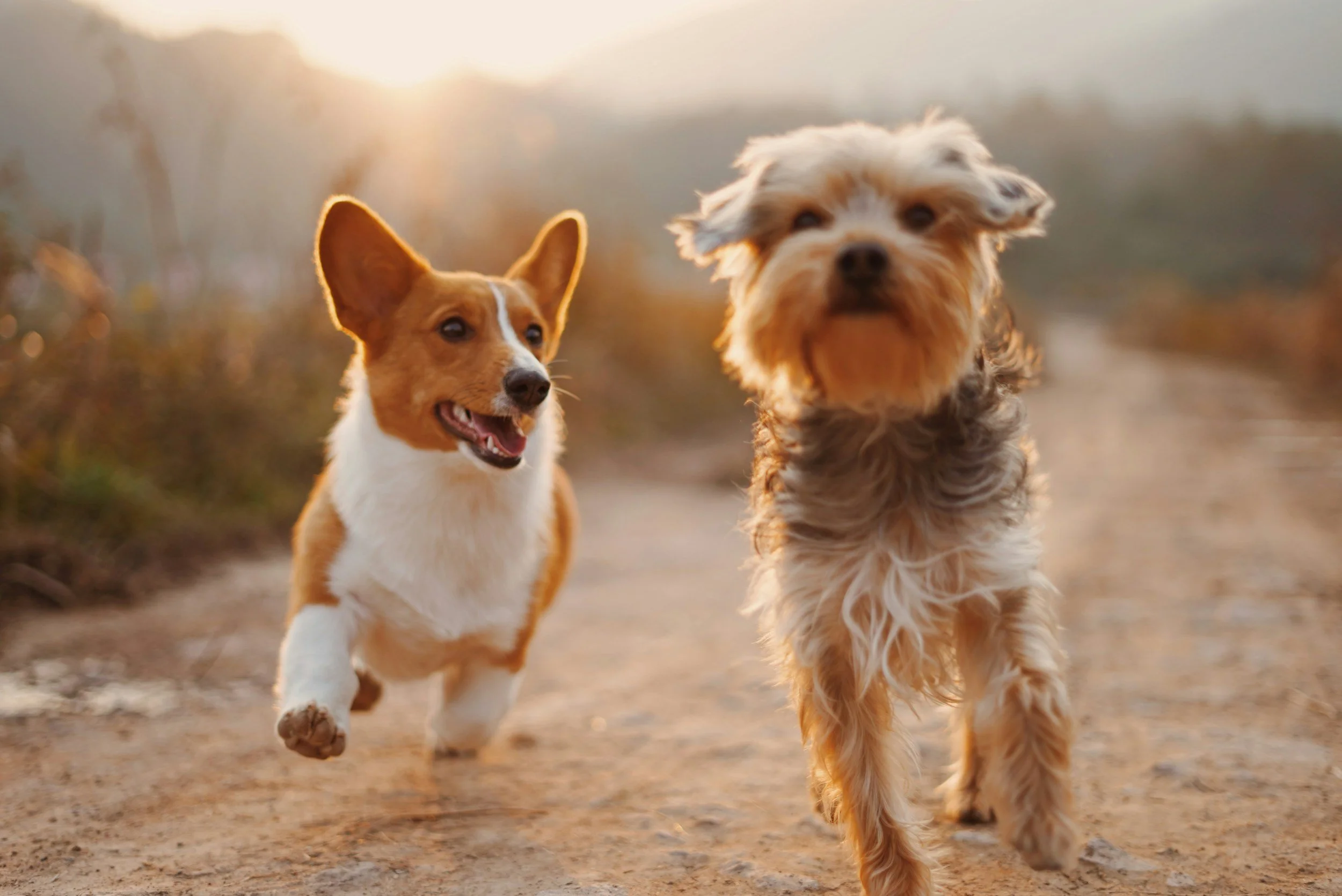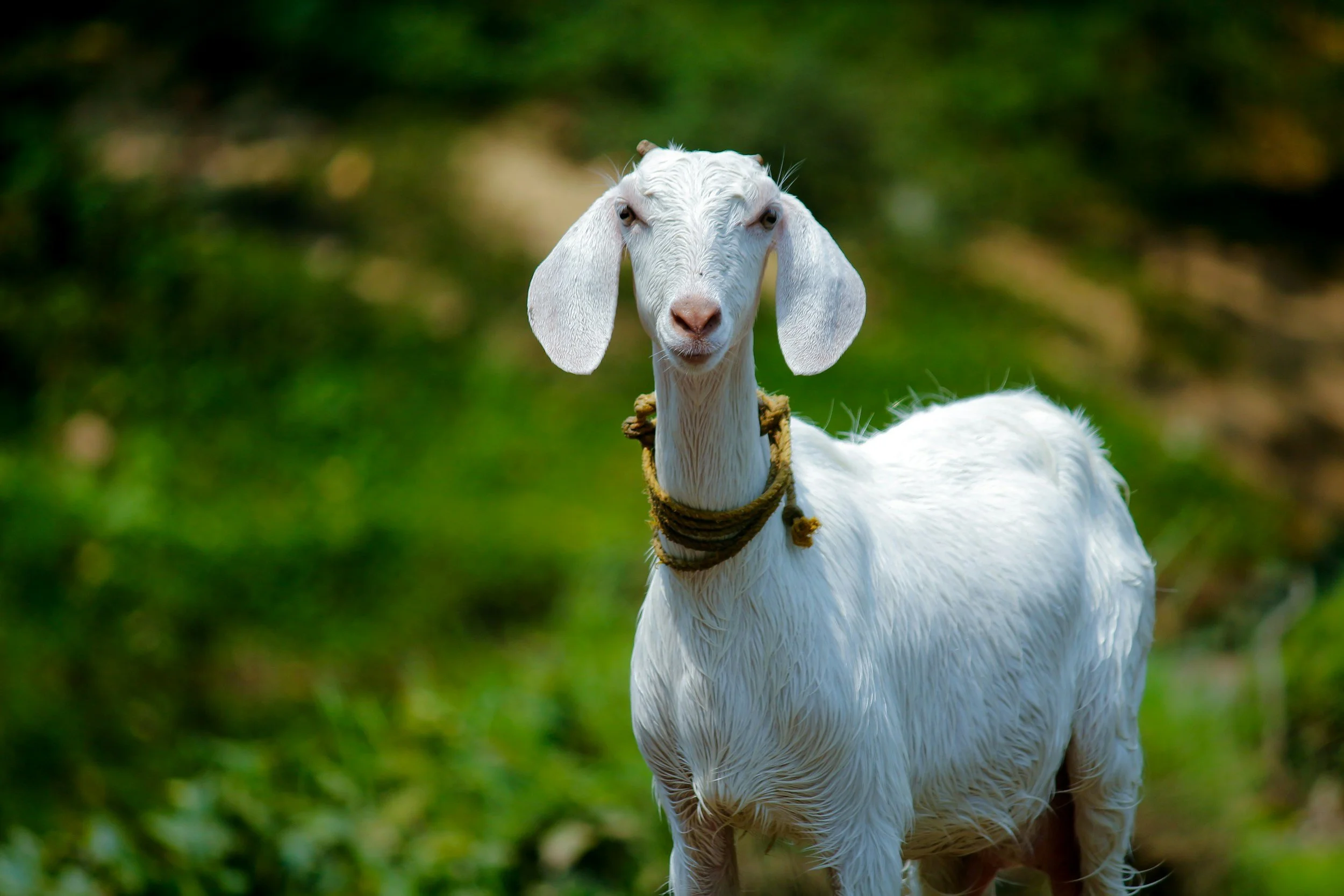
Animal Control
Dog Licences
All dogs in Lillooet who are over the age of three (3) months are required to have a dog licence. When you purchase your dog licence, you will get a metal licence tag to affix to your dog’s collar. These tags all have unique numbers and are the best way to ensure that we can reunite you with your pet if they accidentally get away from you.
To purchase your dog licence, visit the District Office. The current cost for dog licences is $20 if your dog is spayed / neutered and $40 if your dog is unaltered.
Near the end of each year, the District sends out reminders to get a new licence to dog owners who purchased licences during the year. If you are no longer in possession of the dog, please let us know.
NEW Animal Control Bylaw
Council adopted a new Animal Control Bylaw No. 2025-027 on October, 7, 2025.
Summary List of Changes
Any Animal
Changes
No person may abandon a domestic animal.
What’s the same?
No animal owned by a person is permitted to run at large or trespass on any private lands.
All domestic animals must be leashed in public and under control.
No animal is permitted to create excessive noise.
Keeping of animals is subject to District nuisance regulations.
No person shall keep an animal suffering from an infectious disease unless the animal is isolated and undergoing treatment.
Dogs
Changes
Dog licences are now $20 for the year.
Fees have gone up only to account for inflation since the last fee update. View all fees here.
A section on dog care and the responsibilities of owners was added:
No person shall keep a dog unless they are provided with sufficient drinking water, food, shelter, opportunity for exercise, and care from a veterinarian when the dog exhibits signs of pain, suffering, disease, or illness.
No owner shall allow a dog to be kept outside or confined in extreme heat, cold weather, or precipitation without adequate protections.
No owner shall allow a dog to be confined to a dog enclosure, vehicle, or trailer without adequate heat, or ventilation and sufficient shade to protect the dog from excessive cold, heat and direct sun.
The minimum standard for the size of a dog enclosure is 0.91 m x 1.52 m (3’ x 5’) per dog.
No owner shall allow a dog to be confined in an enclosure for longer than 12 hours a day.
The requirement for a kennel permit if you owned more than three dogs was removed.
All kennels must meet the Code of Practice for Canadian Kennel Operations as published by the Canadian Veterinary Medical Association. “Kennel” means a place where dogs are bred, reared, trained or boarded.
What’s the same?
All dogs (over the age of three months) are required to be licensed annually.
When dogs are off property they are required to wear a collar displaying the metal dog licence tag.
The maximum number of dogs permitted per household remains five.
Dogs must be leashed and under control when off your property and in public. (Dogs at large not allowed).
Dog excrement must be picked up immediately.
Dogs involved in safety incidents may be declared “aggressive dogs” or “dangerous dogs”. There are additional restrictions and higher licence fees to keep aggressive or dangerous dogs.
Commercial dog breeders and dog day-cares must obtain a business licence to operate.
Backyard Hens
Changes
The Back Yard Chicken Bylaw from 2015 was repealed and hen-keeping regulations were incorporated into the new Animal Control Bylaw.
The requirement to register hens in the R-1 or R-2 zones was removed. Backyard hen registration is not required in any zone.
The regulations on backyard hen-keeping apply to residential chickens only and do not apply to agricultural uses (chicken farming).
Where a single-detached dwelling or duplex is the principal use of a property the number of hens permitted per parcel are:
What’s the same?
The general hen-keeping regulations mostly haven’t changed from the 2015 Back Yard Chicken Bylaw. They are copied here:
A person who keeps backyard hens must:
be the property owner or have written permission from the owner;
provide a coop with at least 0.37 m2 of floor area per hen, and at least 0.92 m2 of outdoor enclosure;
provide a 1.0 m setback distance from coop to neighbouring property line;
provide and maintain a floor of any combination of vegetated or bare earth in each enclosure;
provide and maintain at least one perch per hen that is at least 15 cm long, and one nest box;
provide each hen with food, water, shelter, light, ventilation, veterinary care, and opportunities for essential behaviours such as scratching, dust-bathing, and roosting, all sufficient to maintain good health;
maintain each coop and outdoor enclosure in good repair and sanitary condition, free from vermin and obnoxious smells and substances;
keep each coop locked from sunset to sunrise;
store manure within a fully enclosed structure, and store no more than three cubic feet of manure at a time; and remove all other manure not used for composting or fertilizing;
follow biosecurity procedures recommended by the Canadian Food Inspection Agency;
not keep a rooster; and
not operate as an abattoir or process meat outside of personal use.
Backyard Bees
What’s new?
The previous zoning and animal control bylaws did not mention backyard bee-keeping at all, so this section is brand new!
The regulations on backyard bee-keeping apply to residential bee-keeping only and do not apply to agricultural uses.
Where a single detached dwelling or duplex is the principal use on a property, the following regulations apply to the keeping of backyard bees:
The minimum parcel size for keeping backyard bees is 625 m2;
A maximum of two (2) honeybee hives are permitted on lots up to 2,500 m2;
On parcels larger than 2,500 m2, there is no limit on the number of hives that can be kept.
Honeybee hives must be set back 6.0 m from any property line, or may be 2.0 m from any property line provided the hive is behind a solid fence at least 1.8 metres high, or a vegetated landscape strip more than 2.0 m high running parallel to any property line and extending at least 6.0 m beyond the hives in both directions.
Keeping of Livestock (non-farm uses)
What’s new?
The previous zoning and animal control bylaws did not mention the keeping of livestock animals for residential uses so this section is brand new!
The regulations on backyard keeping of livestock apply to residential uses only and do not apply to agricultural uses.
Roosters are not permitted (does not apply to an agricultural use).
Where a single detached dwelling or duplex is the principal use of a property the number of livestock and small livestock permitted per parcel shall be as follows:
Livestock is defined as horses, cattle, sheep, swine, goats, alpacas, llamas, as well as ratites, poultry, or fowl, raised in captivity.
Small Livestock refers to backyard hens, quail, or rabbits only.
Animal Control Enforcement
Enforcement of the Animal Control Bylaw will continue to be primarily complaint-based. If you’re concerned about animals at large in your neighbourhood, or someone not picking up dog poop, or keeping too many chickens or bees, or dogs not being cared for, etc, make a written bylaw complaint and the Bylaw Officer will follow-up. The charges and fines list has also been updated. View the changes here (Schedule 2, on page 14 of the current consolidated Bylaw Notice Enforcement Bylaw).
More info on Bylaw Enforcement
Direct link to PDF Complaint Form
Questions about the new bylaw?
Email bylawofficer@lillooet.ca or call 250-256-4289.
Lillooet Animal Advocates Society (LAAS)
Spay & Neuter Program
Lillooet Animal Advocates Society (LAAS) is a not-for-profit animal welfare society, reliant almost solely on public donations.
To apply for financial assistance to sterilize your cat or dog, please email lillooetanimaladvocates society@gmail.com.
LAAS, in cooperation with Bridge River Veterinary Services, can pay up to 50% of the cost of your pet’s spay or neuter surgery costs. Approval is subject to availability of funds and eligibility of the applicant.
While the new Animal Control Bylaw now allows local bylaw enforcement to follow-up and issue fines related to the poor care of dogs, all suspected cases of animal cruelty will also be referred to the BC SPCA. Any suspected cruelty for other domestic animals, besides dogs, should be reported directly to the SPCA.










